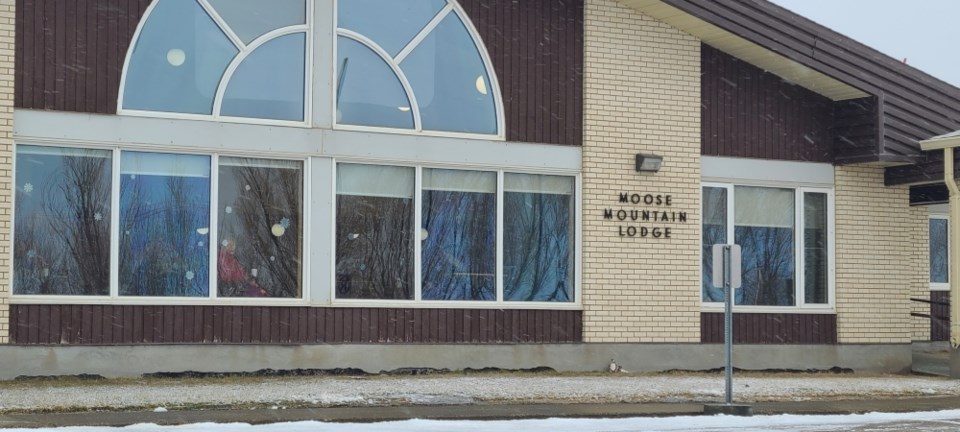CARLYLE - Audrey Young of Carlyle is taking exception with a policy adopted by Moose Mountain Lodge (MML).
A close friend of Young’s lives at the lodge. When Young received the news last summer that her friend’s son had passed away, she purchased flowers to brighten her friend's day.
Upon arriving at the MML, Young was turned away and told that flowers and plants were banned from the lodge as gifts.
Young spoke to the administrator of the lodge and was told there was nothing they were going to do to reverse this decision. According to Young, the ruling was put in place due to one staff member having allergies to scented flowers and plants.
This outraged Young, as she feels this is the residents' home and flowers are a wonderful way to cheer them up.
Young was not going to accept this answer and called all of the care homes in the region. Each one allowed flowers and plants. A few had certain flowers banned, but none were close to a full ban.
This angered Young even further and she began a petition.
She was sitting by a table at an event hosted by the Rusty Relics Museum, and Lorri Matthewson from Matthewson and Co. approached Young, offered her assistance, and said Young could stop by the office to discuss this matter further.
When Matthewson said she would back Young, family and friends from the staff member confronted her, and Young claims she was verbally attacked by the mother of the staff member in question.
Young was able to get 600 people to sign her petition and submitted it to the administrator at the lodge, but it was not accepted. Young was told the board would write her a letter when they followed up, but she said they did not.
With Matthewson’s help, Young contacted the provincial ombudsman and a short time later, Young received a letter defending the decision and indicating it was for the health of all at the lodges.
According to a letter sent to Young by Jacqui Kennett-Peppler, the Saskatchewan Health Authority's (SHA) executive director of primary health care for the southeast, the decision to implement the ban on real flowers in long-term care homes was not made by a single person.
The SHA does have a scent-free policy that exists in many of the facilities to address numerous factors, including the health concerns of the staff and residents, particularly those with allergies to scents such as flowers.
Matthewson said if a scent-free policy is in place, she wants to know why are flowers allowed in other care homes and hospitals in the area, which are all under the authority of the SHA.
In an email to the Observer, SHA communications lead James Winkel said: "Flowers and other allergen-producing plants are not universally accepted at all Saskatchewan Health Authority … long-term care facilities. The SHA allows on-site management to determined the rules regarding flowers, keeping in mind the health concerns of local staff and residents, particularly those with allergies, as well as the provincial Occupational Health & Safety Act & Regulations.
"The SHA's primary goal is to provide the highest standard of care while ensuring the safety and well-being of all those who live and work within our care community. By adhering to this practice, we aim to protect not only our dedicated staff but also residents who deserve quality care.
"When patients, residents or families consider bringing or sending floral arrangements to SHA long-term care facilities, it is always best to consult with local management prior to doing so."
The SHA would not comment any further in regards to the many scent-free flowers and plants that are could be allowed.
“While I am sympathetic to anyone who develops chronic conditions late in life,” said Matthewson, “I think it is wrong to meet that obligation at the expense of the people who live there.”
“The accommodation should be made by the staff and by the employer,” she said. “The people who live there cannot move and should not be forced to accommodate any disability experienced by a staff member.”
Matthewson said she would continue on this quest until Young tells her to quit.






